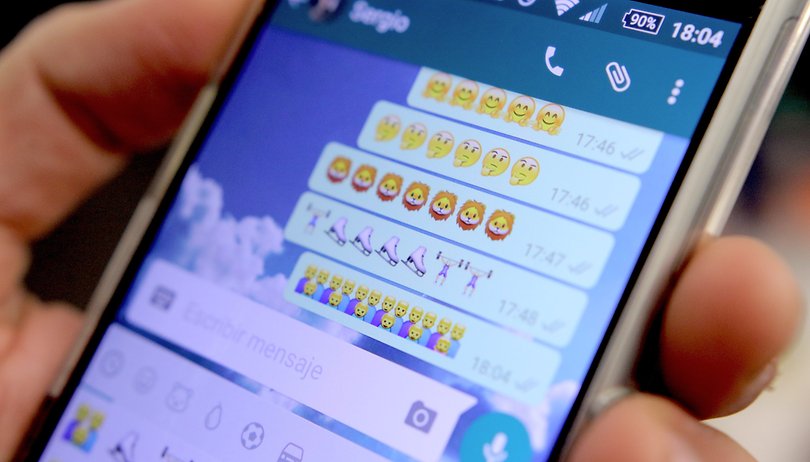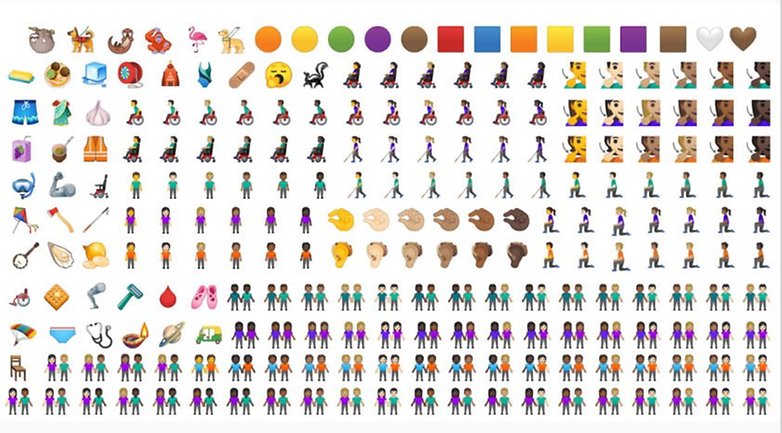Emojis become more diverse, FaceApp is popular again


Read in other languages:
This week was World Emoji Day - soon we will find many of the small icons in the new versions of Android and iOS. Things are actually going well for FaceApp - but not so well for the users of the app.
Winner of the week: emojis
There's a day for everything these days, and July 17th was World Emoji Day. We haven't decided to start writing all our articles with emojis, but it's undeniable that the symbols have become an integral part of everyday life. The most popular emojis are absolute classics. The 'crying with laughter' icon is the most popular, followed by the heart, according to the Adobe Emoji Trend report.
But users also want more representative and more inclusive emojis. And many of them will soon come with the Emoji version 12.0 adopted by the Unicode consortium. Android users will receive it with Android Q, iOS users with one of the first revisions of iOS 13. But we are especially looking forward to orangutan and sloth icons.

Loser of the week: FaceApp
Why the FaceApp, which dates back to 2017, is suddenly so popular again may not even be easy to understand. Even if it cannot be denied that the results have improved. Then why is the resurgent app our loser of the week? Because it is not at all clear what happens to the data it collects!
FaceApp does not let you age your photos on your smartphone, but uploads them to its own servers. There, the images can be stored for an indefinite period of time. The provider, the Russian company Wireless Lab, even secures the rights to use your photos commercially. The privacy policy leaves questions unanswered, the company does not even have a website. No wonder that a US senator has already demanded an investigation by the FBI and that the Federal Data Protection Commissioner Ulrich Kelber (SPD) has also warned against the app.
What were your tops and flops of the week?






















